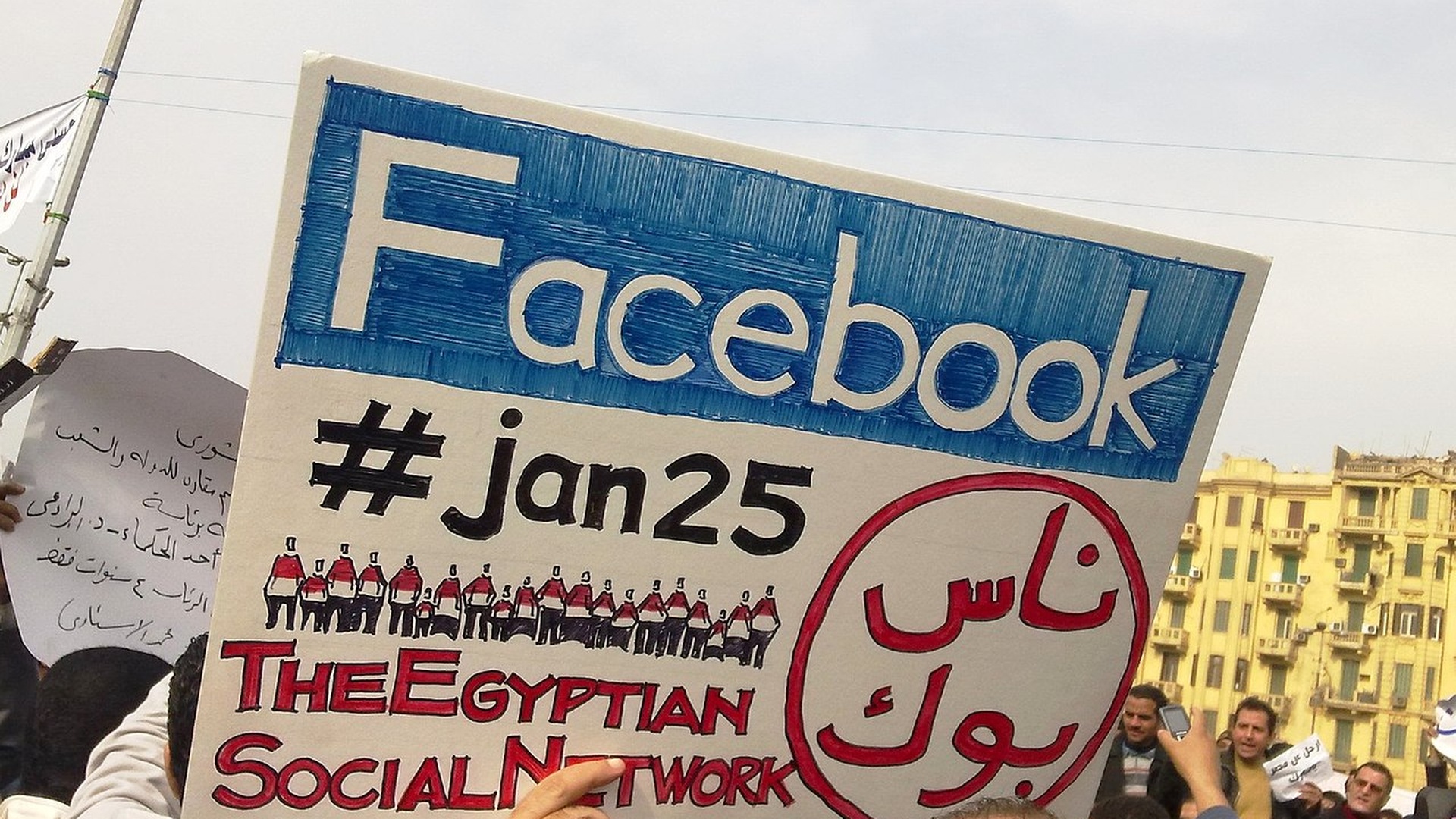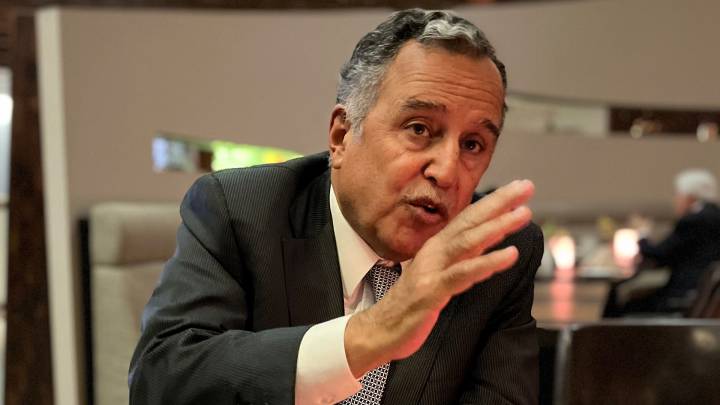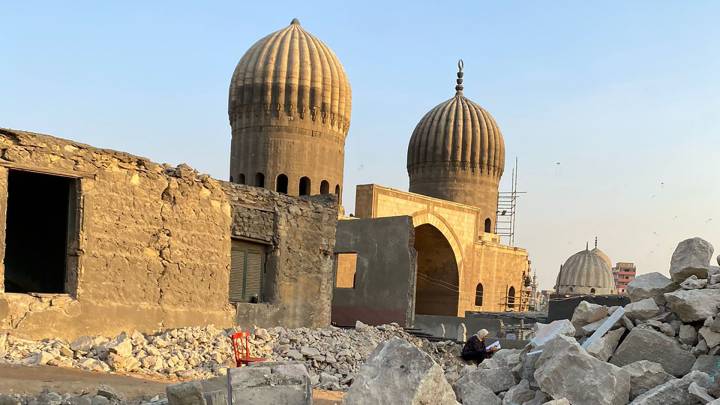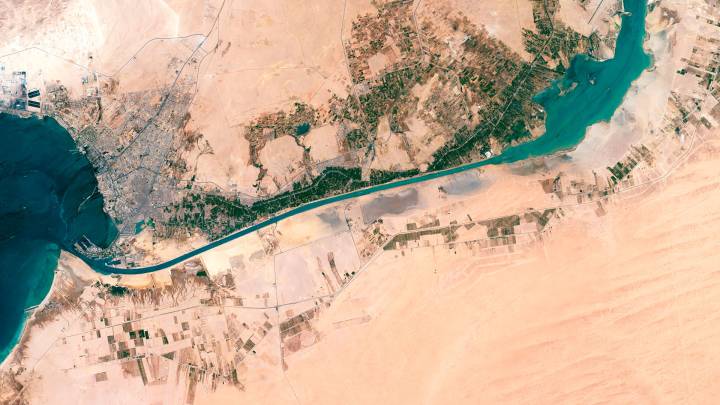Viral videos reinvigorated resistance in Egypt. Still, social media platforms help to stymie criticism. How Twitter and Facebook cosy up to the Sisi regime and facilitate its latest crackdown.
Aggrieved by the Egyptian military’s refusal to pay millions of dollars owed to him for a construction project, former army contractor Mohamed Ali turned to Facebook on 2 September to post a 35-minute high-energy video in which he accused President Abdel Fattah al-Sisi and the military of corruption on a vast scale.
The videos went on to become a relentless daily series watched online by millions of Egyptians in which he revealed further details of opulent spending on new presidential palaces at a time when harsh austerity measures have pushed one third of the population into poverty.
However, Ali’s campaign – which triggered the first pronounced protests against Sisi’s rule -experienced a hiccup on its premier night. After obtaining hundreds of thousands of views within a few hours, Facebook removed Ali’s video, a move which Human Rights Watch researcher Amr Magdi believes was caused by unsubstantiated and un-investigated copyright infringement complaints by a pro-government Egyptian broadcaster. Facebook later restored the video and described the removal as “a mistake,” without clarifying whether the error was algorithmic or if it was a potential deviation from its policy on free speech.
Meanwhile, as security forces arrested over 4,300 people in the largest crackdown since Sisi came to power, Twitter’s Dubai-based MENA office has been criticised for appearing to play a role in enabling Egypt’s environment of censorship by suspending hundreds of Egyptian users critical of Sisi’s rule. Wael Eskandar, an independent journalist in Cairo monitoring the suspensions, believes that “the suspensions are not in accordance with Twitter’s rules.”
Prominent journalists have seen their accounts suspended without adequate explanation
He told zenith that users whose tweets contain swear words aimed at public figures are seeing their accounts suspended, with Twitter rejecting appeals and flagging their content as ‘hateful conduct’. Subsequently, he explains, users have been self-censoring on the platform. He adds that there have been mass suspensions of Arab users, which Twitter described as routine checks against bots, yet celebrated Egyptian novelist Ahdaf Soueif’s, as well as prominent journalists have seen their accounts suspended without adequate explanation.
There remains a lack of clarity regarding potential and systematic censorship by major social media platforms. However, what is clearer is the compliance of the wider digital infrastructure in facilitating extreme oppression in the country, infringing upon the rights of Egyptians to freedom of expression and access to information.
The digital infrastructure is the backbone of the internet and extends beyond social media to internet service providers (ISPs), domain system names, web hosts and so on.
Hossam Fazulla of the Association for the Freedom of Thought and Expression (AFTE) told zenith that the country’s internet infrastructure is highly centralised. “Essentially, all internet access in Egypt comes through one cable,” he said, referring to state-owned Telecom Egypt which owns the country’s entire telecommunications infrastructure and leases licenses to ISPs such as Vodafone Egypt and Etisalat Egypt. Alongside structural restrictions on operations, ISPs also face legal threats. A 2018 cybercrime law stipulates a minimum one-year prison sentence and a fine between EGP 500,000 - 1 million (approximately US$ 30,000 - 60,000) for ISPs that do not abide by instructions to block website access by the ‘competent authority’, primarily the Supreme Council for Media Regulation (SCMR).
In the build-up to the 2019 constitutional referendum, an unprecedented 34,000 domains were blocked
Implementing internet censorship is therefore far from laborious, and authorities have not been shy of enforcing it on a massive scale. In the build-up to the 2019 constitutional referendum, which saw Sisi exempt from the two-term presidential limit, an unprecedented 34,000 domains were blocked. Additionally, in September, Egyptians faced restricted access to Twitter, Facebook Messenger, Skype, and BBC News, as security services sought to cripple the emergence of protests.
However, Fazulla says that the website blocking procedure is highly opaque in practice, “nobody knows what the process fully looks like.” An AFTE lawsuit against blocking access to news website Mada Masr was met with denial of responsibility from the SCMR, and no explanation or justification of any order to block the website, as well as dozens of others.
The compliance of the digital infrastructure with unexplained and apparently anonymous instructions to block websites raises the question of whether it has a responsibility to protect people’s rights of freedom of expression and access to information. With Egyptian authorities not complying with the lawful process of limiting access to information, components of the digital infrastructure must acknowledge that they are, in effect, serving as de facto gatekeepers of free speech on the internet.
In his essay on free speech in the age of algorithms, constitutional law Professor Jack Balkin reflects on how newspaper publications shifted their loyalty from political parties to the wider public at the beginning of the 20th century after recognising their societal responsibilities. Is it similarly time for the digital infrastructure to reconsider its facilitation of an unlawful enforcement of censorship?




